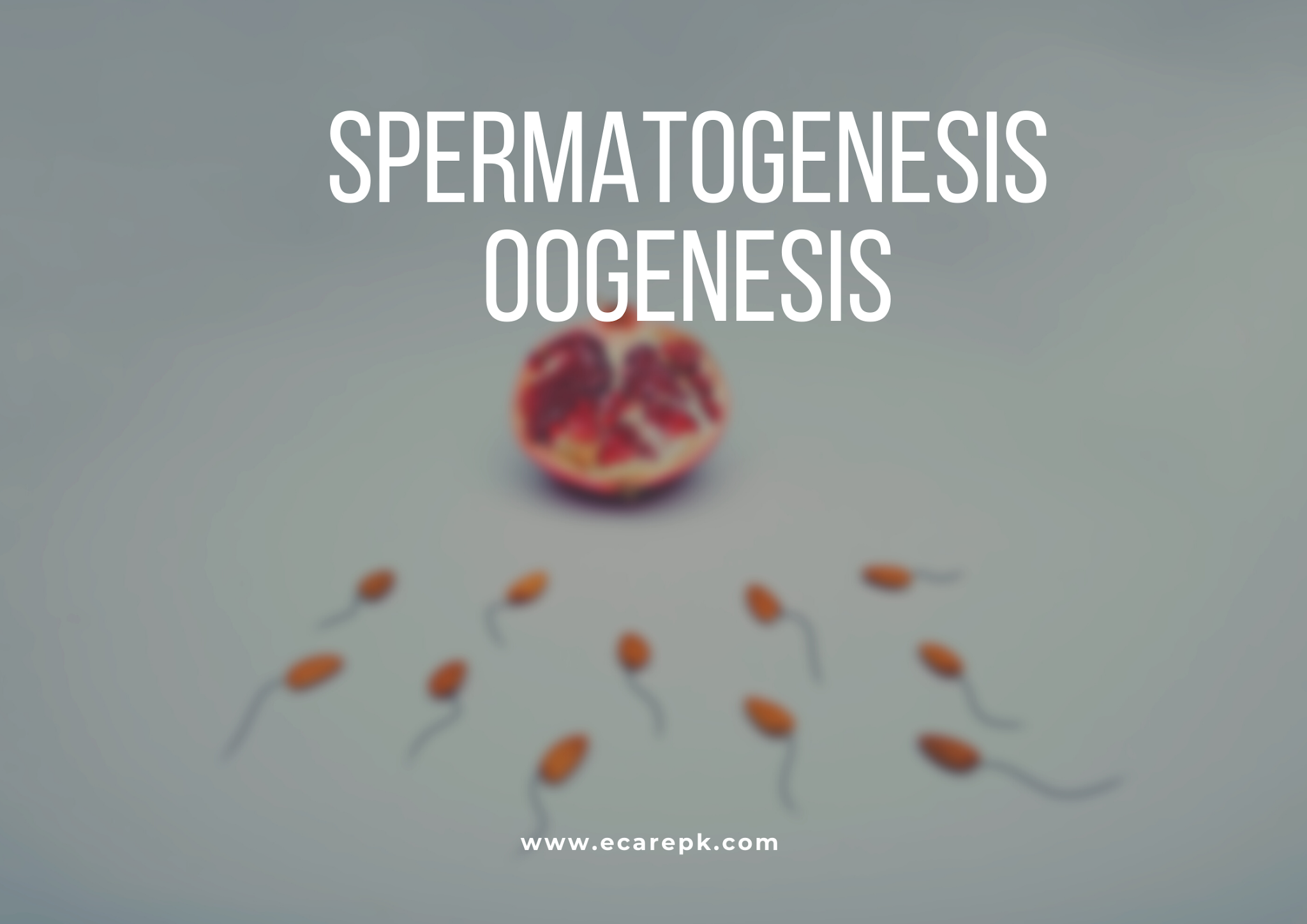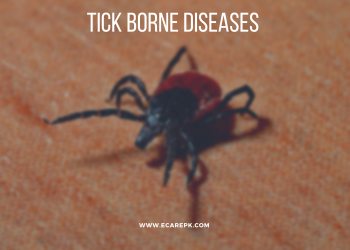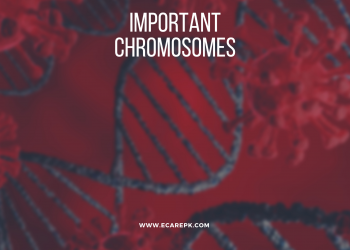Spermatogenesis is the course of development of mature sperm cells through a progression of mitotic and meiotic divisions alongside transformative changes in the youthful sperm cell.
It is the male adaptation of gametogenesis which brings about the development of mature male gametes. Spermatogenesis requires ideal conditions to happen and is fundamental for sexual generation.
The total course of spermatogenesis happens in various stages that occur in various constructions inside the male conceptive framework. It starts in the seminiferous tubules inside testicles and afterward proceeds into the epididymis where development of the male gamete happens, and they are additionally put away under discharge.
Spermatogenesis starts in guys after adolescence, and it is proceeded all through life. Despite the fact that sperms are constantly being shaped in the testicles, not all spaces of testicles can frame sperm simultaneously.
Sperms in various phases of their advancement can be found in the testicles.
It starts with an essential spermatocyte that goes through different changes to form into a motile and developed sperm cell.
It takes up to 74 days for a youthful microorganism cell to form into a developed male gamete, and during that time, there are numerous discontinuous resting stages.
One essential spermatocyte brings about four useful spermatozoa after the course of meiosis, every one of which forms independently into a sperm cell.
The course of spermatogenesis is finished through the accompanying three phases; spermatocytogenesis, spermatidogenesis, and spermiogenesis.
These stages are performed inside the testicles until the spermatozoa shaped at last arrive at the epididymis and gain motility.Human sperm is a motile cell partitioned into a head, body, and a long tail. The head comprises of acrosomes that emit chemicals and helps in the passage of sperm inside an ovum.
The general course of spermatogenesis is directed by different organs and their items. The luteinizing chemical by the pituitary organ directs the development of sperm and the creation of testosterone in the male regenerative framework. The follicle-animating chemical, discharged by the pituitary and the testicles together control the general course of spermatogenesis.
The chemical testosterone is liable for the enactment of qualities coding for the male gametes, and it additionally gives supplements to the sperm cell during its turn of events.
The course of spermatogenesis is the reason for sexual multiplication which licenses hereditary recombination, bringing about hereditary variety among the species.
Oogenesis
Oogenesis is the female variant of gametogenesis. It is the course of development of female gamete or ovum, fundamental for sexual proliferation.
The course of oogenesis begins pre-natally, for example prior to the introduction of the female kid. It starts around 8-20 weeks after the hatchling has started to develop and goes on until the introduction of the kid.
Consequently, an infant female kid as of now has all the egg cells that are to be delivered from the ovaries during the regenerative existence of the female. These cells are named essential ova.
The essential ova stay lethargic until ovulation and become developed a while later. A portion of these cells take up to 40 years to develop while some arrive at development.
The regenerative existence of a female is described by the month to month intermittent changes that happen in the arrival of sexual chemicals just as changes in the design of ovaries just as other sexual organs. This cyclic interaction is named the female month to month sexual cycle.
The course of oogenesis is depicted by the ovarian cycle, which is engaged with the development and development of female gamete.
Follicular Phase of Oogenesis
After pubescence, because of the arrival of a lot of FSH and LH by the pituitary, the ovaries with the follicles begin to develop.
During the main stage, the designated follicular cells broaden up to two-overlay to three-overlap in width. These augmented follicular cells are named early stage follicles.
Following a couple of days, the degree of FSH outperforms LH which speeds up the development of 6-10 essential follicles that go after predominance. Affected by FSH, these cells foster layers of granulosa cells just as express the LH receptors on the granulosa cells.
The second layer of cells called theca creates around these follicles which can deliver other sex chemicals like estrogen and progesterone.
LH from the pituitary and the estrogen inside the follicles cause sped up development of the essential follicles into vesicular follicles.
The ovum present inside the follicles grows forcefully expanding in size another triple to four-overlap. Following possibly more than seven days of development, one of the follicles begins growing out of different follicles (a cycle called atresia). The purpose for the course of atresia isn’t yet referred to; be that as it may, it is basic as it forestalls more than one kid during pregnancy.
The single follicle further expansions in size and structures the adult follicle.
The essential oocyte or ovum inside the ovary stays all things considered until it’s an ideal opportunity to leave the ovary. The oocyte then, at that point goes through meiotic division where the core parts into two isolating the quantity of chromosomes down the middle. One of the two cells shaped is normally bigger than the other and is known as the optional oocyte, while the more modest one is known as a polar body.
Ovulation Period
Ovulation in ladies with ordinary 28 days sexual cycles happens 14 days after the beginning of period. Barely any prior days ovulation the follicle begins to grow with a jutting place called the shame.
The in-flood of LH chemical and the arrival of estrogen from the follicle debases the cells at the shame and results in an opening. The optional oocyte leaves the follicle through the opening and arrives at the peritoneal cavity. The auxiliary oocyte then, at that point arrives at the fallopian tube through the fimbriae.
It requires a couple of days for the vehicle of the ovum. The development inside the fallopian tube is supported by the peristaltic development of muscles in the dividers of the oviduct.
The development, be that as it may, likewise relies upon the degree of progesterone and estrogen. Progesterone speeds up the development while estrogen captures the development of the ovum.
In case there is left-correct coordination between the ovaries isn’t yet known. Nonetheless, incidentally, both the ovaries discharge an ovum, which brings about the development of brotherly twins.
In the event that a sperm prepares the oocyte, it forms into an adult ovum. In the event that treatment doesn’t happen, the optional oocyte degenerates inside the fallopian tube.
Luteal Phase
The luteal stage is the last period of the ovarian cycle and it relates with the secretory period of the uterine cycles.
During the initial not many long periods of ovulation, the excess follicular cell, including the granulosa and theca form into lutein cells. This cell then, at that point becomes loaded up with lipid parts that give it a yellow appearance. The absolute mass of the phone is called corpus luteum.
Corpus luteum produces progesterone that hinders the arrival of FSH and LH by the pituitary. Therefore, the convergence of FSH and LH falls after some time and the corpus luteum degenerates.
The falling degrees of progesterone then, at that point trigger monthly cycle. The cycle from the beginning of ovulation to the removed of progesterone takes around fourteen days. Despite the fact that the sexual cycle in all ladies isn’t something similar; the length of the luteal stage stays pretty much something similar in all ladies.
In the event of an effective pregnancy, the degeneration of the corpus luteum is forestalled by the arrival of human chorionic gonadotropin(hCG) from the placenta. Corpus luteum is fundamental for produce progesterone which keeps up with the new pregnancy.
© 2021 Niazi TV – Education, News & Entertainment










